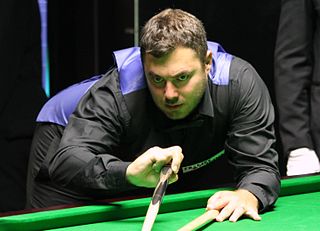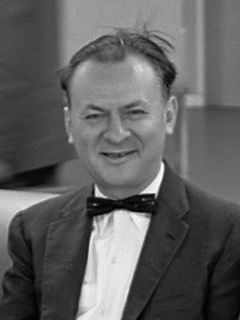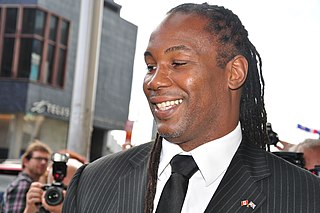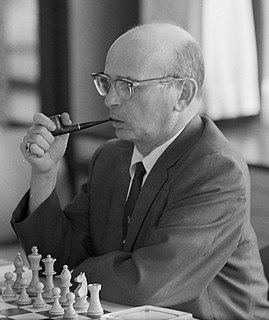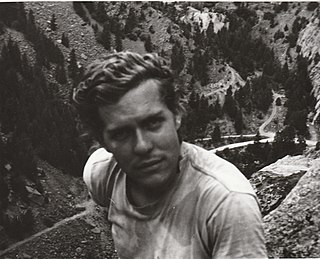A Quote by Kurt Maflin
I play a lot of chess, just to a bog-average level. But I find it stimulates your mind with all the combinations of different moves.
Related Quotes
Combinations have always been the most intriguing aspect of Chess. The masters look for them, the public applauds them, the critics praise them. It is because combinations are possible that Chess is more than a lifeless mathematical exercise. They are the poetry of the game; they are to Chess what melody is to music. They represent the triumph of mind over matter
I love the competitive aspect of it [business]. It's like playing chess. Why do people play chess? Knowing the realm of moves? Even when you get to be a chess master, there are other chess masters you want to beat or outperform. And to me business is just a sport that I love to compete in; a continuous intellectual challenge that really motivates me.
To play chess on a truly high level requires a constant stream of exact, informed decisions, made in real time and under pressure from your opponent. What's more, it requires a synthesis of some very different virtues, all of which are necessary to good decisions: calculatioñ, creativity and a desire for results. If you ask a Grandmaster, an artist and a computer scientist what makes a good chess player, you'll get a glimpse of these different strengths in action.
I play chess about four hours a day in training camp. You have to decide what move to use, or what combination of moves. I think less when I box because the reaction time is a lot quicker, but some people call me the chess boxer because they say I think too much in the ring. I take my time and they don't see the action they want. Some boxers just go in there and just throw punches and hope to win.
Chess, which exists predominantly in two dimensions, is one of the world's most difficult games. Three-dimensional chess is an invitation to insanity. But human relationships, even of the simplest order, are like a kind of four-dimensional chess, a game whose pieces and positions change subtly and inexorably between moves, whose players stare dumbly while their powerful positions deteriorate into hopeless predicaments and while improbable combinations suddenly become inevitable. To make matters worse, some games are open to any number of players, and all sides are expected to win.
I used to play a lot of chess and competitive chess and study chess and as you get to the grandmasters and learn their styles when you start copying their games like the way they express themselves through... The way Kasparov or Bobby Fischer expresses themselves through a game of chess is it's astonishing. You can show a chess master one of their games and they'll say "Yeah, that is done by that player."
Well, I kind of split my life into two pieces. One was where my chess career lies. There, I kept my sanity, so to speak, and my logic. And the other was my religious life. I tried to apply what I learned in the church to my chess career too. But I still was studying chess. I wasn't just "trusting in God" to give me the moves.
